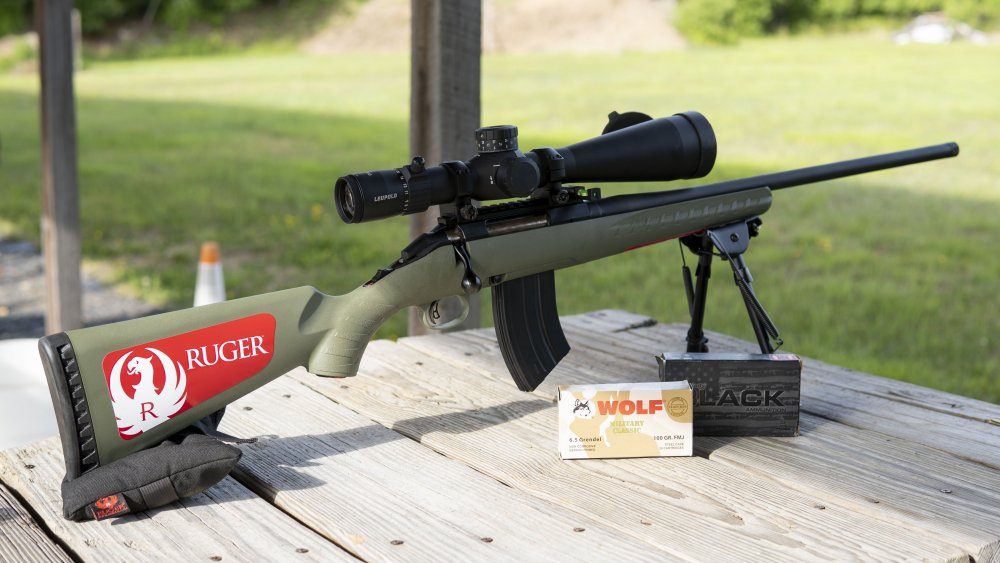Sign in to follow this
Followers
0

Can someone recommend a deer butcher in eastern PA?
By
StriderTB, in Hunting, Fishing & More
-
Recently Browsing 0 members
No registered users viewing this page.
-
Supporting Vendors
-
-
Latest Topics
-
-
Posts
-
We never let then inside. Last re-evaluation was 6-7 years ago, wife politely told him that he was welcome to look around the property and he could look in the windows. He saw two white resin chairs in the basement and told her that this constituted a finished basement. And everything in the basement is bare concrete/ cinder block, and mechanical systems. Nothing finished about it. Ultimately he relented and I'm sure that was a ploy to coerce us to allow him in
-
I use an Alien Gear cloak tuck (IWB) with my Shield. Neoprene back - in the summer it does feel warm but doesn't rub or chafe. https://aliengearholsters.com/ruger-lcp-iwb-holster.html Could also go with the shapeshift as it has multiple options - OWB/IWB, Appendix... https://aliengearholsters.com/ruger-lcp-shapeshift-modular-holster-system.html
-
By silverado427 · Posted
The 12-1 compression ratio L88 is long gone. This is GM's updated version. it might be pump gas 10-1 engine The L88 was a aluminum head cast iron block engine with a nasty solid lifter cam. the ZL1 was a all aluminum 12 or 13-1 compression ratio engine with the best forged internal parts at the time and had a even nastier solid lifter cam -
By maintenanceguy · Posted
I like my regular carry holster. OWB leather with belt slots. I've been carrying for over a year and it was comfortable and I hardly even noticed it. I carry (usually) a Ruger LCP .380 - light, convenient, tiny. But...today I ended up taking it off an leaving it home after a few hours. I cut down a big maple tree a few days ago and I spent 3/4 of today loading and unloading firewood into the back of my truck and a trailer. It was a warm day, I was dirty, tired, sweaty, and my holster was rubbing against my side. The leather and exposed metal snap was no longer comfortable. I'm thinking about adding a layer of something to that part of the holster to soften the contact. Anything insulating will make it worse. I don't want a sweaty, hotter holster against my skin. I'm imagining something thin, breathable, that won't absorb sweat, and softer than leather, metal snaps, and rivets. But I have no idea what would work. I'm hoping somebody else has already figured this out and I can just do what they did. Any suggestions appreciated. -
Check the primers on the ammo you didn't shoot yet. Are they fully seated? If the primer is not just below flush with the back of the case, the first hit can seat it better then the second hit ignites it.
-
-












